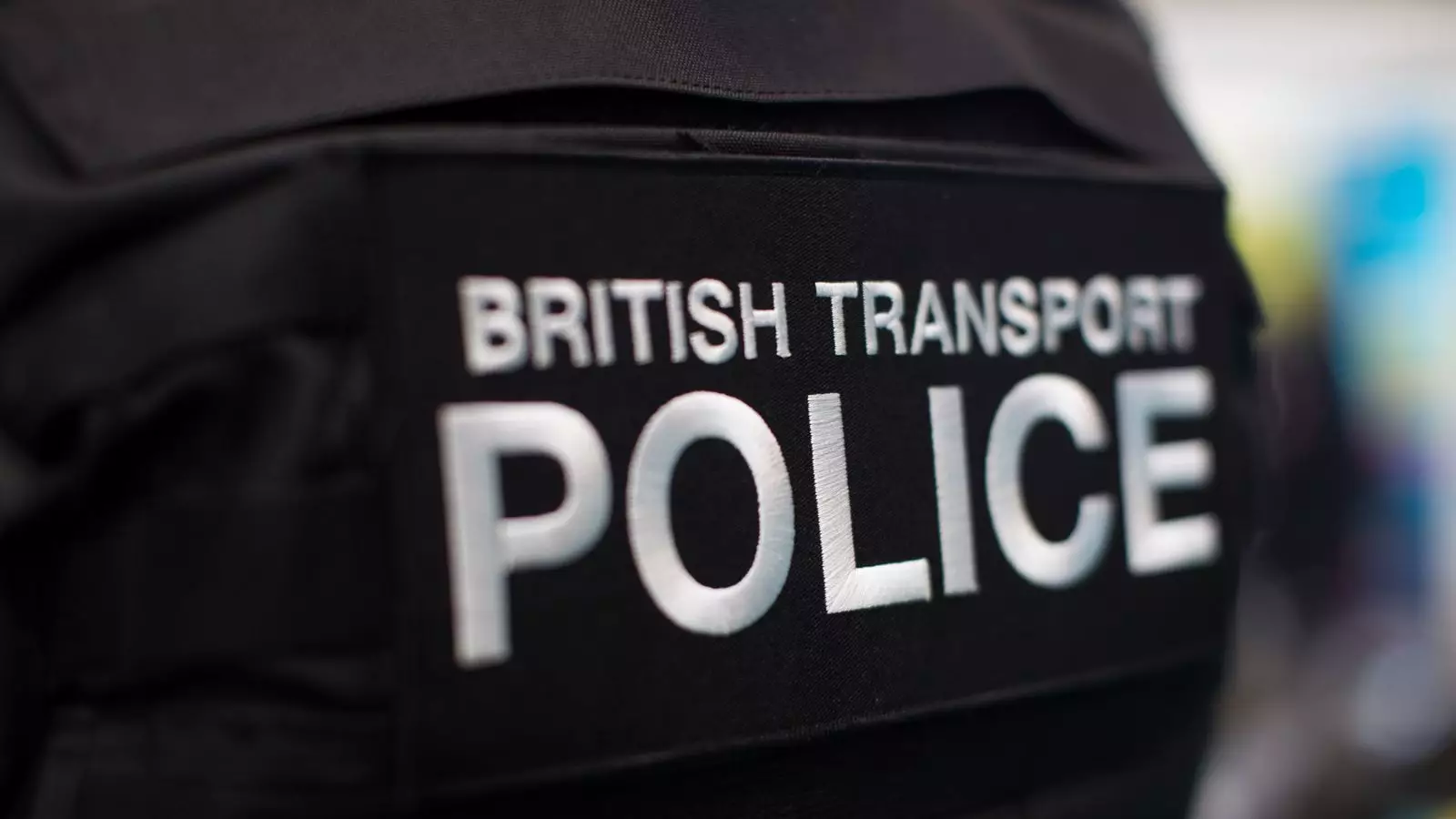In a contentious ruling, the Supreme Court of the United Kingdom has taken a definitive stand on the matter of gender identity and policing, leading to a seismic shift in the practices of the British Transport Police (BTP). As of Wednesday, trans women in custody will now be subject to strip searches performed exclusively by male officers, a decision that raises profound ethical questions about dignity, respect, and the treatment of vulnerable populations. This interim policy is framed as a necessary adjustment to align with a judicial interpretation of the Equality Act 2010, which now stipulates that a “woman” is identified solely on biological terms. Such a narrow definition does not just challenge our modern understanding of gender but also threatens to undermine the rights and safety of transgender individuals, particularly trans women, in the confines of police custody.
The Fallout from the Judgment
The implications of this judicial decision reverberate far beyond the immediate enforcement of new strip-search policies. The ruling was borne out of a legal challenge by the campaign group Sex Matters, which argued that the previous BTP policy of allowing strip searches by officers corresponding to a detainee’s gender recognition certificate was fraught with risks of sexual harassment and assault. By reverting to a biological definition of gender in this context, the Court has effectively erased years of progress towards understanding and respecting gender identity. The BTP’s compliance with this ruling, while technically within legal confines, raises a critical question: at what point do necessary legal frameworks infringe upon the rights and protections afforded to individuals on the basis of their self-identified gender?
This backlash comes at a time when societal attitudes towards transgender rights are still deeply polarized. The stripping away of protections under the guise of legal interpretation signals to the broader community that transgender people may be seen as less deserving of respect and dignity during already vulnerable moments, such as encounters with law enforcement. Such policies can perpetuate a culture of fear among trans individuals, who may already feel marginalized and unwelcome in many areas of society.
Implications for Law Enforcement and Society
Furthermore, the decision puts both male and female police officers in a precarious position. Female officers may find themselves uncomfortable or even endangered, being compelled to search those who identify as female but are biologically male. This contradictory expectation raises questions about the mental toll on officers who must navigate these new guidelines. The ultimatum presented to them is a clear conflict between professionalism and the fears of being accused of misconduct or bias against individuals of diverse gender identities.
Moreover, it is not merely a matter of discomfort; the likelihood of violating principles of dignity during such searches casts a long shadow over the integrity of law enforcement institutions. Justice should encompass the entire spectrum of societal inclusion — but this ruling risks reinforcing structures of discrimination rather than dismantling them. In a society where equality should be championed, this Supreme Court ruling strikes a discordant note, indicating a regression rather than a progression in human rights.
The Political Landscape and Broader Consequences
The political ramifications of this Supreme Court ruling also cannot be ignored. Government ministers and equality bodies have been called upon to reassess their policies in light of this decision. Baroness Kishwer Falkner’s comments that the ruling clears any confusion on the status of transgender rights in the NHS speak volumes about how agencies may need to confront their own biases and practices. However, this guidance can’t come quickly enough for those already embattled by the implications of the ruling.
With rising tensions around gender identity in public discourse, including misplaced fears and misinformation about transgender individuals, the Court’s endorsement of a strict biological definition may incite further divisiveness. It serves as a stark reminder that legislative frameworks must evolve to reflect the complexities of human identity, rather than confine them to outdated categories.
The narrative surrounding gender rights is not merely an abstract legal matter; it’s a battleground for the lives of real people, each deserving of respect and protection, especially in moments when they are most vulnerable. The debate is far from over, and activists, politicians, and citizens alike must rally to reassess what justice and dignity mean in a truly inclusive society.



Leave a Reply